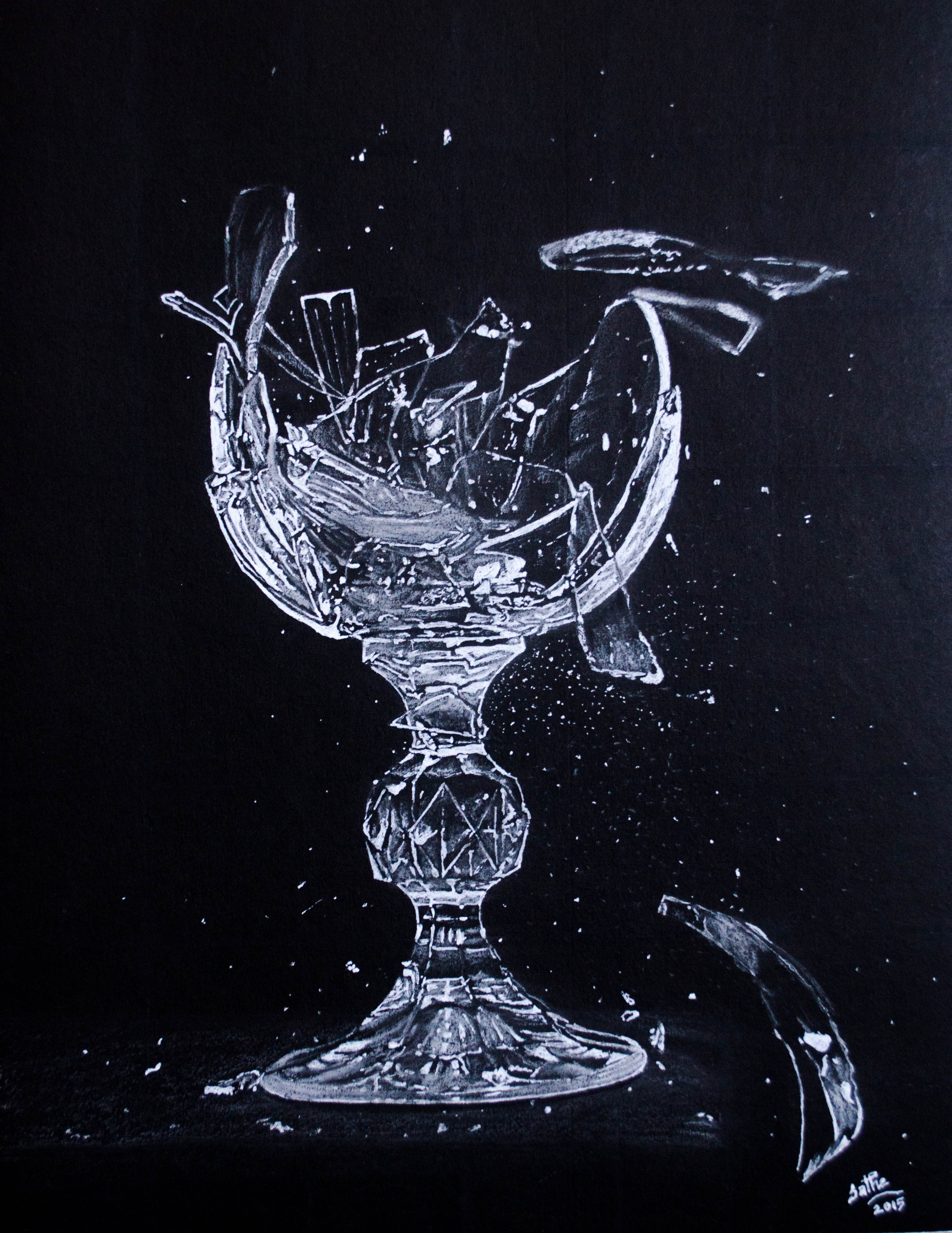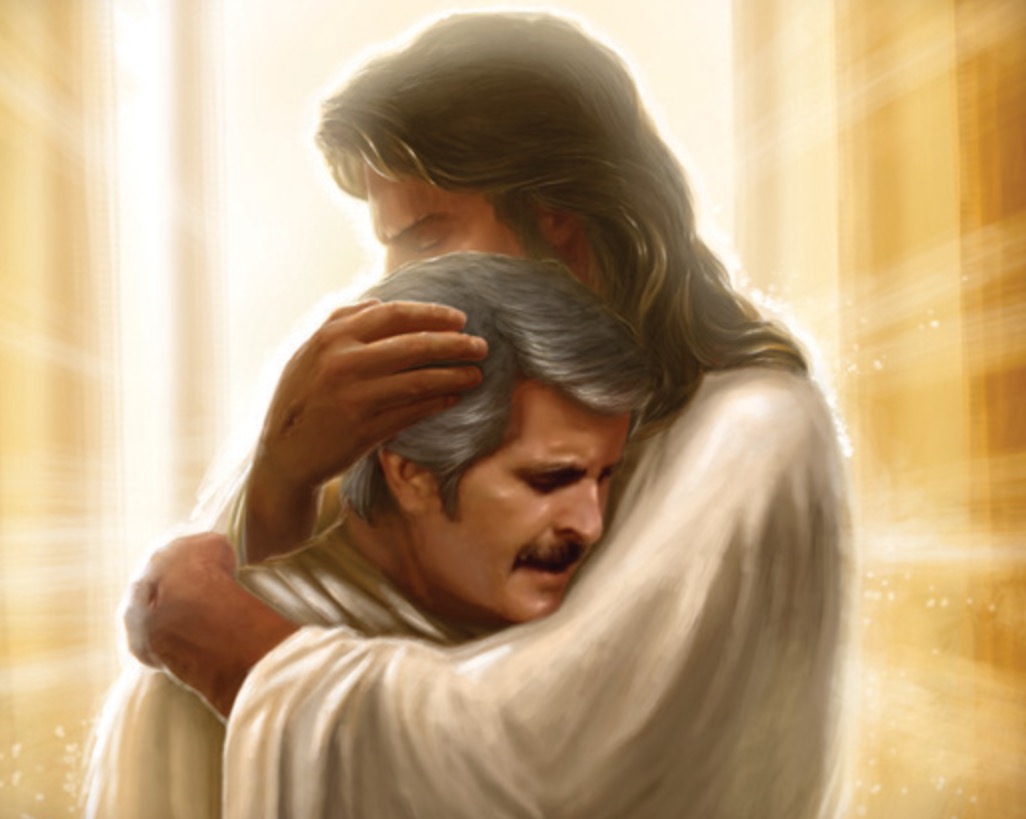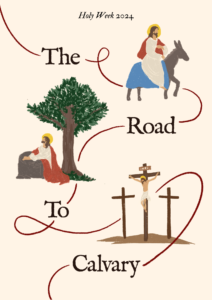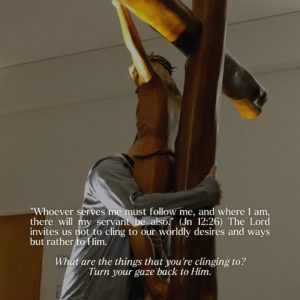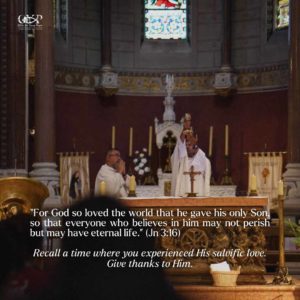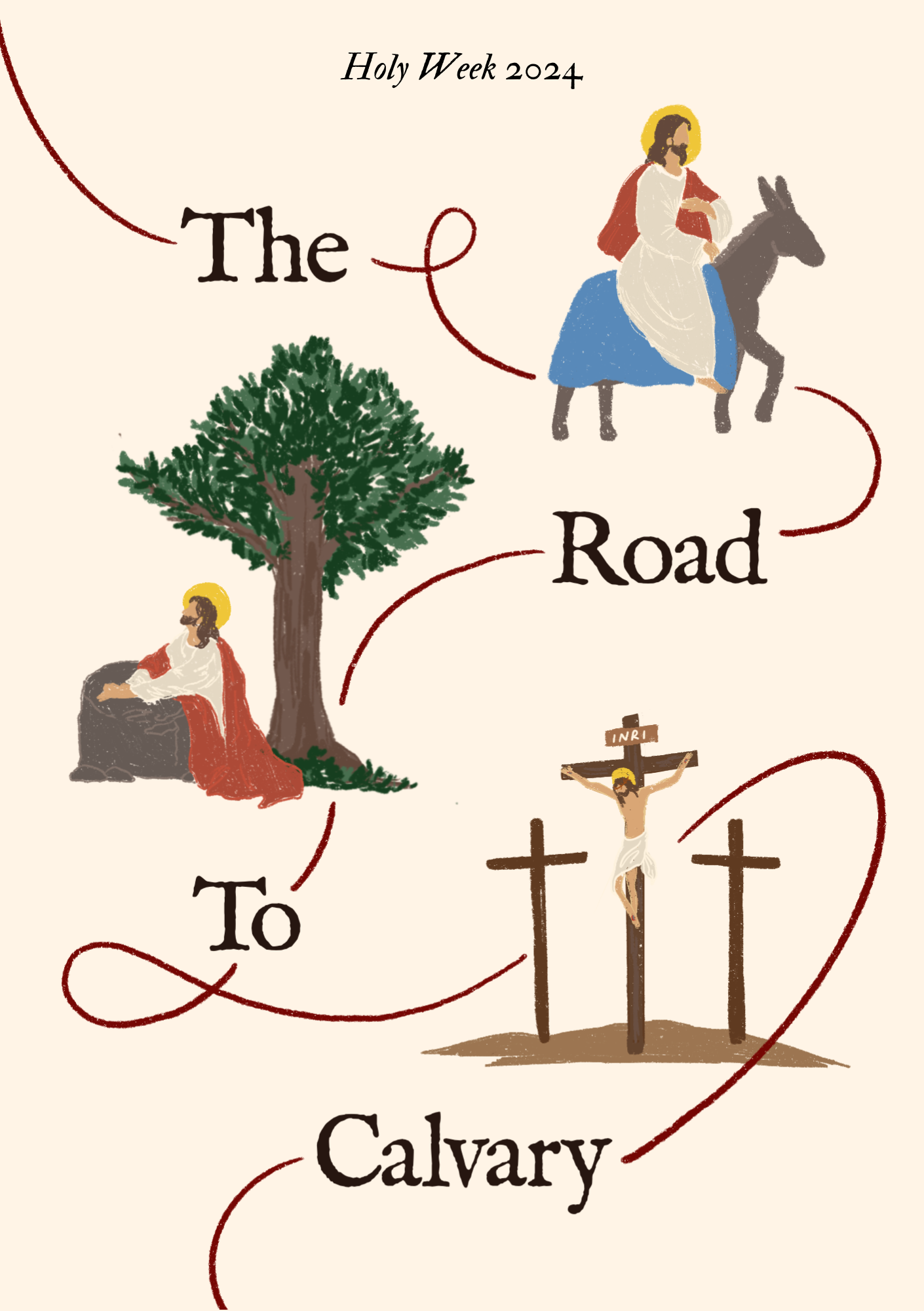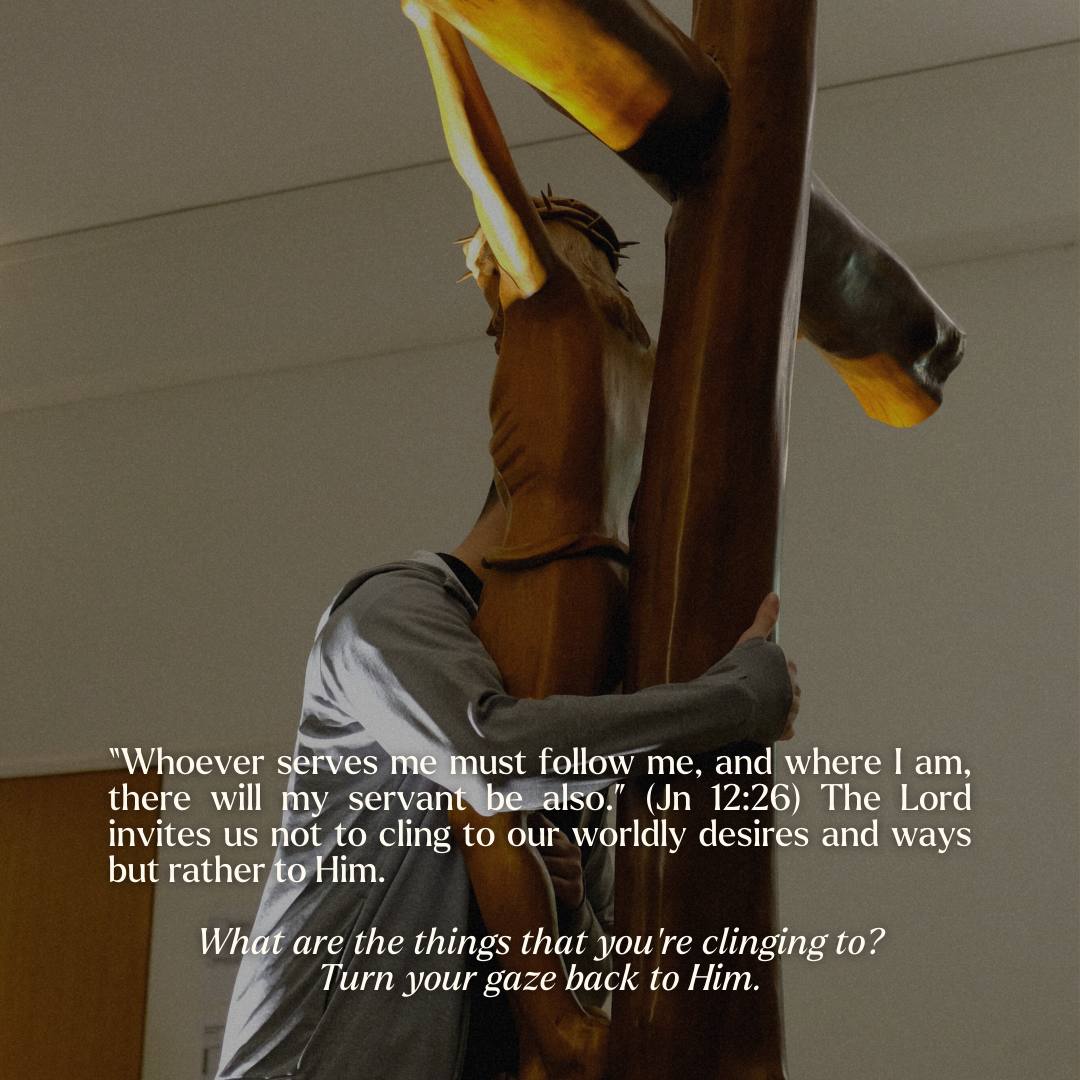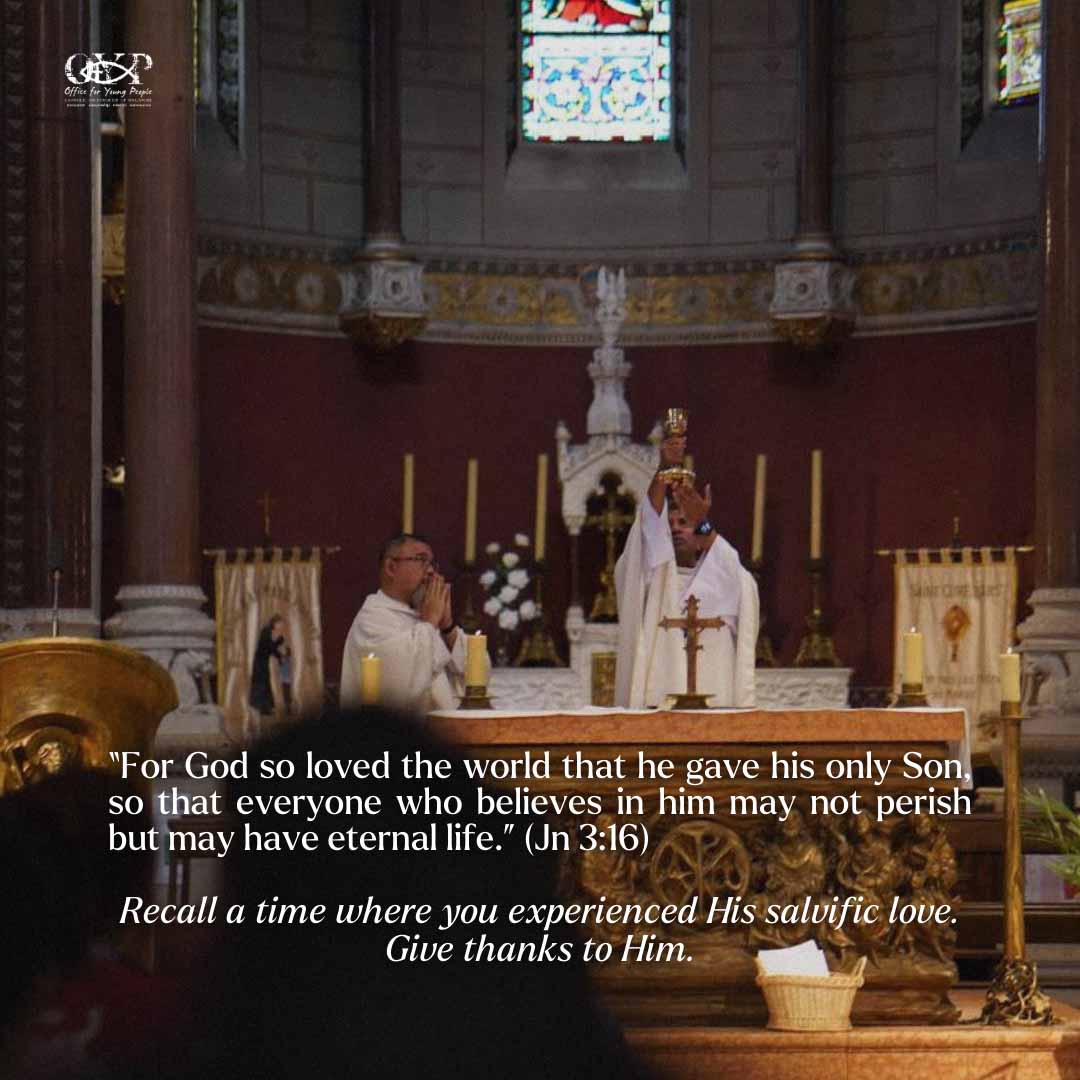by Michelle Lee
Throughout the bible, we see God choosing to use imperfect people for His mission. Peter denied Jesus three times, Paul persecuted Christians before he became one, Jonah ran away from God, David committed adultery, Mary Magdalene was a prostitute and the list goes on. They were broken people and so are we. I am broken. You are broken. The truth is that we are all broken and we need a Saviour. We may know this in our heads, but we forget this in our hearts.
We are all broken differently. Given our unique backgrounds, circumstances, experiences and characters, our pains and sufferings affect us differently. Our brokenness is deeply personal, unique and intimate. Often, we make comparisons between our sufferings and others, but in the end, comparing our pains are pointless because our individual pain is so unique. There is hardly any comfort in comparing. “The way we are broken is as much an expression of our individuality as the way we are taken and blessed.” – Henri Nouwen.
So how do we respond to brokenness?
Firstly, we acknowledge it.
Suffering is often seen as something negative and something we avoid. Contemplating our brokenness may even seem pessimistic or morbid. We sweep it under the carpet and try to focus on the more pleasant things in life, thinking we have moved on and are doing fine. But how long more are we going to kid ourselves? It is important to remember, as mentioned by Henri Nouwen, “the deep truth [is] that our human suffering need not be an obstacle to the joy and peace we so desire, but can become, instead, the means to it.”
“Beloved, do not be surprised at the fiery ordeal that is taking place among you to test you, as though something strange were happening to you. But rejoice insofar as you are sharing Christ’s sufferings, so that you may also be glad and shout for joy when his glory is revealed.” – 1 Peter 4:12 – 13.
Let us be very clear on this: We rejoice not because we are broken, but because this brokenness leads us to God; Our God whose love for us is perfect, everlasting, unconditional and reckless. For God so loved the world that He gave His one and only Son, Jesus, to be broken so that He could meet us in our brokenness; so that we can live the fullness of life in Christ.
For the most part, it is our own ego that stands in the way of facing our brokenness. We protect our egos by hiding. We prefer the version of ourselves that is shiny, untainted and free of blemishes. Pride is the real obstacle that prevents us from walking on the path to holiness. It is difficult to admit that we are broken, but our faith teaches us that there is light at the end of the tunnel. Brothers and sisters, let us leave our pride at the door and follow Jesus.
Next, we befriend it.
This may sound counter-intuitive to us. Our natural response to pain in our lives may be to run away and not feel the pain. However, we are invited to step toward it. It is a necessary step to take in order to find healing. We have to rely on God for the strength and courage to be real with ourselves and to embrace our brokenness. The pain we experience may be a result from rejection, separation, neglect, abuse, abandonment, betrayal or loneliness.
I, for one, am guilty of hiding pain from myself before. Having been brought up in a masculine environment, I grew up to be strong and independent. Admitting that I am broken only made me look weak, needy and vulnerable (or so I thought). I refused to feel my pain and was even incapable of naming it. I resorted to different means to de-sensitise and numb myself from my pain.
During the School of Witness 2018, we were told to revisit memories from our childhood and to see where Jesus was as well as what He was saying to us in our memories. The Lord resurfaced many memories for me but I felt indifferent, so I convinced myself that I had moved on from my past. Needless to say, I was unable to see the Lord in any of my memories. Little did I know that I had subconsciously created emotional barriers as a protection mechanism. Fast forward to a month and countless prayers later, only through God’s grace did I have the strength and courage to put down my barriers, truly experience my pain again and invite God into my brokenness. Buckets of tears later, I was finally able to name my pains. Deep down, I struggled with the pain that resulted from loss and abandonment.
Lastly, we claim it as a blessing.
As children of God, we are all blessed. We are blessed because we are God’s Beloved. “You are my Beloved, on you my favour rests.” – Luke 3:22. We are called to live as Beloved sons and daughters of God. Facing our brokenness seems terrifying because we do not claim it as a blessing. Instead, we see it as a curse – the curse of self-rejection. When a misfortune occurs, say we lose a loved one, we lose a job or go through a separation, the thought of “Why? Why me? Why now?” always comes to mind. It is easy to use misfortunes to confirm the negative feelings we have about ourselves. We think, “It’s because I’m lousy, worthless and unloved that’s why this happened to me.” But we are not meant to live under this curse. We are called to be God’s Beloved. Above all the noise that the world shouts at us, God is tenderly whispering to us and reminding us of our Beloved-ness. When we are attentive to His voice, we can turn our brokenness into an opportunity for greater purification and renewal.
“What seemed intolerable becomes a challenge. What seemed a reason for depression becomes a source of purification. What seemed punishment becomes a gentle pruning. What seemed rejection becomes a way to a deeper communion.” – Henri Nouwen.
Living out our brokenness as a blessing can only happen when we place ourselves completely and entirely in God’s hands. When we truly believe in our heads and hearts that we are fearfully and wonderfully made. God doesn’t love us only after we have been “fixed”. We often get caught up in the belief that we are more lovable only when we have a perfect exterior. But God loves us for who we are, through our brokenness and imperfections.
“Real love doesn’t meet you at your best. It meets you in your mess.” – J. S. Park.
In ‘The Wild Goose’ series, Father Dave Pivonka gives an analogy of a coin. Coins go through a lot. Some have it easier and are shiny, while some go through tough times and become dirty. But the words on them still remain the same. There is still worth to the coin no matter how clean or dirty. And we are all coins in God’s pocket. We are all precious and valuable to Him, no matter what we have been through. We are His Beloved.
These responses do not guarantee that there will be no more pain and suffering. But we do become more aware of our deep-seated hurts and realise how impossible it is for us to expect them to just disappear. And how we cannot rely on our strength to handle them, but on God’s. We embrace our brokenness and bring it into the light of God’s grace.
“Come to me, all you that are weary and are carrying heavy burdens, and I will give you rest. Take my yoke upon you and learn from me; for I am gentle and humble in heart, and you will find rest for your souls. For my yoke is easy, and my burden is light.” – Matthew 11: 28 – 30.
So ask yourselves, “What am I hiding from others? What am I hiding from? What am I afraid to see in myself? What am I clinging onto?” Call upon the Holy Spirit to shed light onto the darkness of our hearts. Now is the time to let go and trust in God to be your healer, your comforter and your redeemer.
Our capacity to love is restricted by our hurts and needs. In accepting our brokenness and realising that we can allow God’s glory to shine through our them, we can be gifts of love to those around us. Just like how some imperfect characters in the bible chose to let go and let God become the saviour of their lives. The choice is now ours to decide, to allow our hurts to overwhelm us or to acknowledge our brokenness and find beauty in them and live the life of freedom that God so desires for us.



